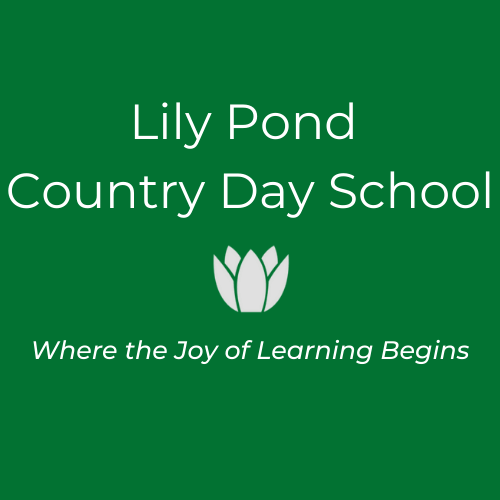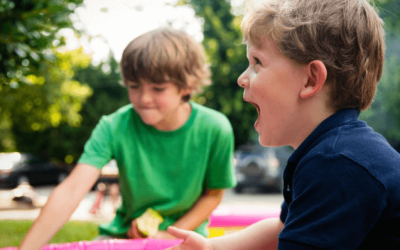For many parents, choosing a preschool will prove to be one of the most important (and one of the most difficult) tasks. After all, it’s tough to know which preschool programs will benefit your child most. Ultimately though, preschool enrollment — regardless of the school — will ensure your child has a number of advantages. Since the birth-to-age-three period involves the fastest rate of brain development in the entire human lifespan, what really matters is that your child attends.
Of course, you’ll want to learn more about what preschool students will learn in a given classroom. While every facility’s curriculum will differ, as will every teacher’s unique style, there are certain aspects you can expect to be covered during the time your child spends in the preschool classroom. Here are just some of what you can expect preschoolers to learn during this pivotal time.
Colors and Shapes
Preschoolers will often start to recognize colors and shapes at home with their families, but these lessons will be further cemented during their early education. A teacher may emphasize the understanding of different colors and shapes during formal lessons, games, storytime, and more. You can build on your child’s knowledge during playtime, while reading a book, while traveling in the car, and more.
Letters and Sounds
You may not have had a goal of choosing a preschool for its rigorous approach to academics, but most preschools do cover some introductory principles related to reading and writing. Learning the alphabet and being able to recognize those sounds — and even what uppercase or lowercase letters look like — will likely be addressed in your child’s preschool. They’ll also probably learn to print their own names and start to form connections between letters, sounds, and familiar words.
Counting and Numbers
Along with learning the letters of the alphabet, preschool students will also learn how to count from one to 10. They’ll be able to identify a given number of objects in front of them or even recognize written numerals — which will act as an excellent introduction to math. Soon enough, counting will become second-nature for your preschooler. Of course, parents can continue to point out numbers or encourage counting during everyday activities at home.
Sharing, Listening, and Cooperating
Many children may have to adjust to sharing with their peers or working through conflicts that arise. But with the gentle guidance of preschool staff, children will figure out how to problem-solve, how to share with others, and how to engage in cooperative play. These social skills will prove essential as your child grows, as will their ability to listen and follow instructions. When choosing a preschool, make sure to observe staff members and students to see how these incidents are handled to ensure your child will be learning the right lessons once school begins.
By no means is this a definitive list of all your child will learn in preschool. But you can certainly use this post to establish your expectations for early education and evaluate facilities you consider for enrollment. To learn more, please contact us today.




